
In Mercedes, work is essentially dependent on the sea and its products. Economically speaking, fishermen's incomes are relatively low, and they can only provide for their families on a day-to-day basis. However, during the off-season (August-December), when weather conditions are unfavorable, they are out of work. Some are therefore forced to find alternative employment as carpenters or drivers in other localities.
There is no guarantee of income, security or safety in the fishermen's workplace. Their income depends solely on the fish they catch. Unfortunately, some of them suffer accidents and even death. Long working hours are also a feature of the job. Small-scale fishermen start work at 4:00 in the afternoon and finish at 6:00 in the morning the following day. Some go out to sea for 3 or 4 days and nights in a row.
In the fishing port of “Pandawan”, the market is the economic centre of the town. Many fishing boats drop anchor there to unload and sell the marine products they have caught. A wide variety of fish, lobsters, shrimps, crabs and shellfish are sold at the market, most of which are distributed to nearby cities and towns, including Metro Manila. The port comes to life from 4:00 in the morning until 10:00 o’clock.

A young worker full of hope
In the fishing port, Jefferson Garsota, a new member of the Philippines YCW, is 18 years old. His skin is sun-tanned, and his hands are thick with calluses. He works as a porter unloading fish baskets and large aluminium basins from fishing boats at the port. He starts work at 2am and finishes at 5pm. He is ready and available to be called at any time by the boat owner when his services are needed. Jefferson is being paid around 400-500 Philippine pesos (US$8-10) per day by the boat owner.
The distance from the dock to the fishing port is short enough to walk, but the pavement is uneven and rocky, and the tiled stairs leading to the fishing port hall are slippery. Accidents are frequent, as you can end up breaking a leg or injuring yourself.
During his time off, Jefferson sleeps on the ship anchored in the bay. He's an orphan with no one, no home to stay in and no family to care for. Life is tough, but Jefferson admits that he is already used to it. For the time being, he cannot choose the job he wants, but he is taking things positively and making the best of it. He is currently taking part in the Philippine YCW's initiative to enrol out-of-school youth in the Alternative Livelihood Education and Training program, in collaboration with TESDA. He hopes that by taking part in this program, he will be able to gain sufficient knowledge and skills to secure a better job in the future.

The YCW alternatives for informal workers: Social Protection Campaign
Thanks to the initiative of YCW Philippines, the Association of Mercedes Young Fisher Folks has been registered and recognized by the Department of Labor and Employment (DOLE). The association can now benefit from local government support, especially for fishermen.
Parallel to that, the IYCW is leading an ongoing campaign for “Social Protection for All”, including for those in the informal economy. That social protection should be innovative and adaptive enough to reach people working in the informal sector, such as the Mercedes fishermen. We call on all states and governments to invest in health and education, especially for young workers, to prepare them for just work. The IYCW, along with many other trade unions and organizations, is calling for a just transition from the informal economy to the formal sector, in line with the ILO Agenda for Decent Work for All.

Social and Solidarity Economy can respond to the needs of informal workers
With the current IYCW experiences, social and solidarity economy is seen as an alternative to youth unemployment and the informalization of work. The IYCW is promoting livelihood alternatives for young people where they organize themselves and decide democratically, manage resources equitably and sustainably, and create products or services that meet community needs. Concrete examples include the salt mine cooperative of YCW Haiti, the community kitchen of YCW Brazil, and the community garden of YCW Chile.
It is our commitment and responsibility to assist the Young Fisher Folks Association of Mercedes and the Philippines YCW to find an alternative means of livelihood within the framework of a social and solidarity economy project that is managed by, with and for young workers and can support the life and work of young people like Jefferson.
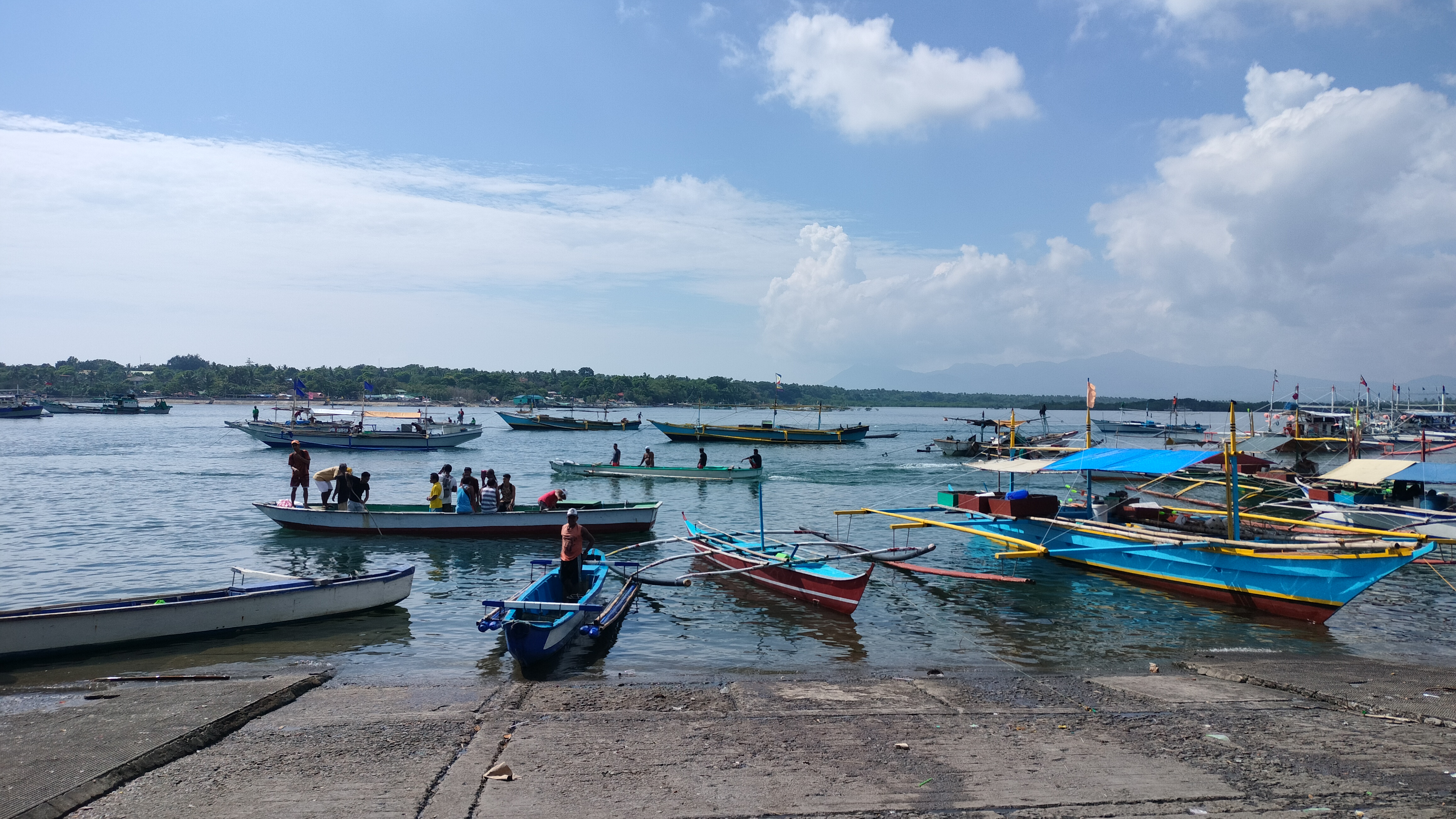

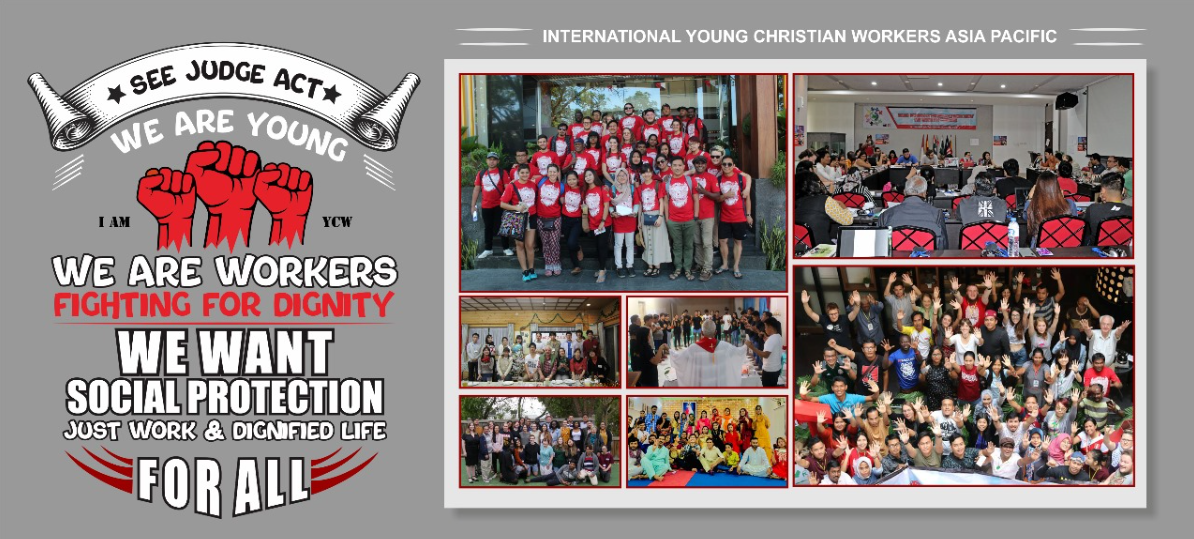
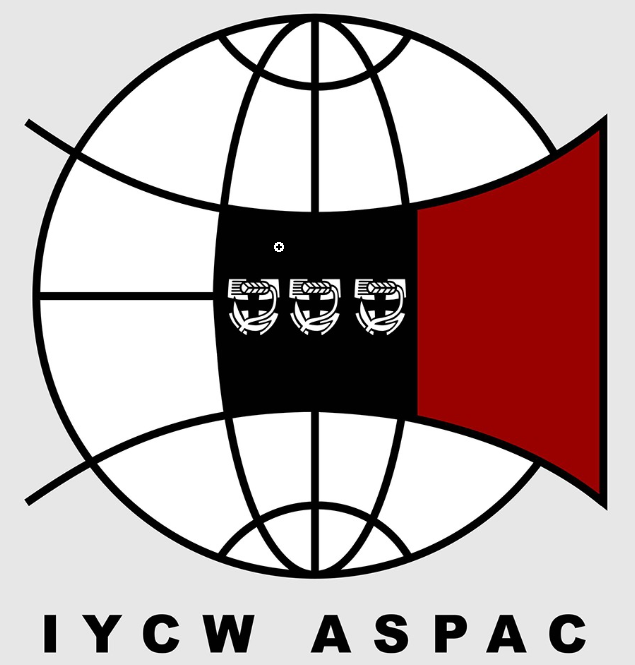
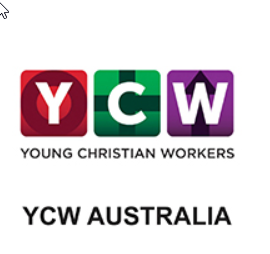
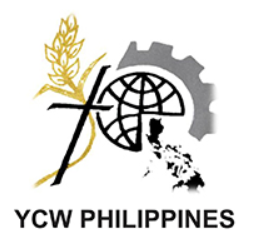
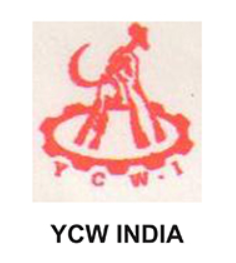
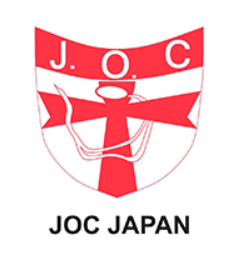
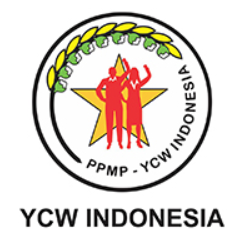
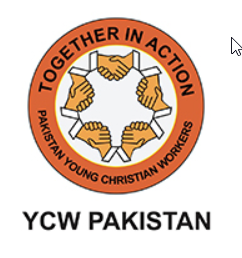
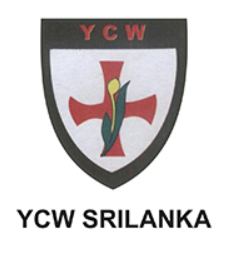
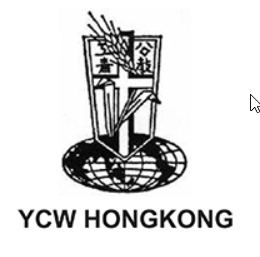

 English
English  Español
Español  Français
Français